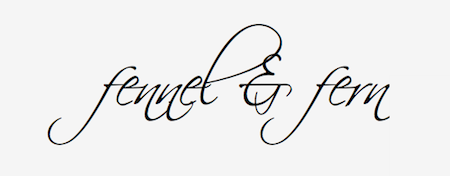Knowing how and when to prune your garden can be a difficult balance to maintain. Prune too much, and your plants may die back and look sparse, prune too little, and your garden may become overgrown and kill itself that way too.
Ornamental Grasses
Prune ornamental grasses in the months of March and April, and prune by cutting as close to the ground as possible. Tie the tops before chopping to make the job easy and simple to clear up.
Semi-woody Perennials
Cut back to 4 inches to produce strong stems and a beautiful flower display. This can be done at anytime during winter time through to early spring.
Broadleaved Evergreens
With plants like these, such as boxwood or holly firethorn, prune out any stems with winter-damaged foliage in the early spring. You can wait until later in the spring to shear the plants so any new growth will cover up the cut tips.
Summer Flowering Trees and Plants
Tidy these plants up in the early spring by removing dead, damaged or crowded stems, and shape or reduce the size of them if you like.
Evergreen Shrubs
Early summer time is the time to hedge and shape your shrubs. If you cut just as growth begins, then the new growth will cover up the cut tips. You should also thin out the interior of the bush, so the outside layer doesn’t become really thick and dense.
Spring Flowering Shrubs
Plants like rhododendron and lilacs benefit from the removal of dead flowers (or deadheading as it’s known), as it redirected growth to flower buds. Do this in early summer.
Flowering Perennials
More deadheading throughout July to November will promote more flowering or extends the current flowers.
Deciduous and Evergreen Trees
In the winter, you can tackle your trees. Remove dead, damaged or hazardous limbs, or ones that get in the way. Winter makes it easier to see which limbs to get rid of, and insects and disease risk is minimal. For a step-by-step guide on how to prune a tree, take a look at this guide.
Tools
There are a whole range of different tools that you might need to use to prune your garden with. Of course, it will depend on what plants you’re pruning and what feels comfortable for you to use. A basic pruning toolkit includes hand pruners for flower stems and smaller pruning jobs. Lopping shears and pole pruners have longer handles for better leverage and extra reach.
If you need extra power or you get fatigued easily, you may need something heavy duty in the form of landscaping tools, like these ones from Anglia Tool Centre.
Article in association with Anglia Tool Centre.



Leave a Reply